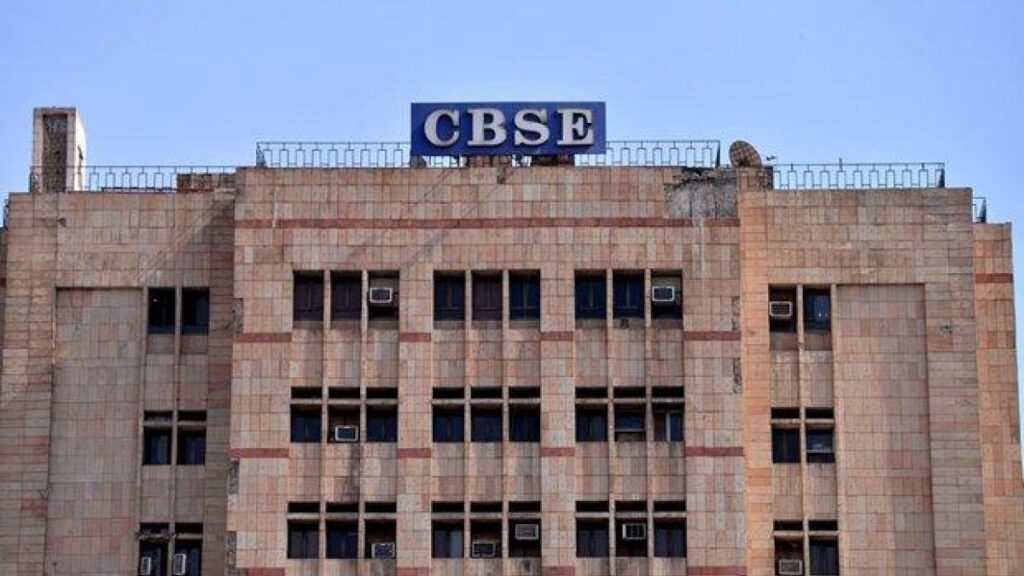The Central Board of Secondary Education (CBSE) has dropped two excerpts from poems by Faiz Ahmad Faiz from its curriculum for the academic year 2022-23, as per reports.
Along with that, the board has also removed several other chapters, including chapters about the Non-Aligned Movement, the Cold War era, the rise of Islamic empires in Afro-Asian territories, the chronicles of Mughal courts and the industrial revolution.
The two excerpts from Faiz’s poems “had been part of the curriculum for over 10 years as part of the section on ‘Religion, Communalism and Politics – Communalism, Secular State’ in the Class 10 National Council of Educational Research and Training (NCERT) textbook, Democratic Politics II.” They were included in posters which have now been removed from the new syllabus.
One poster, created by Act Now for Harmony and Democracy (ANHAD), an NGO, quoted the lines: “Not enough to shed tears, to suffer anguish, not enough to nurse love in secret… Today, walk in the public square fettered in chains.” These lines came from Faiz’s Aaj Bazaar Me Pa Ba Jola Chalo (Let Us Walk in the Market in Shackles), a poem written at a time when he was in jail in Lahore.
CBSE has also removed a cartoon by Ajith Nath, published in the Times of India, which showed “an empty chair which carries a variety of religious symbols along with the caption: “This chair is for the CM-designate to prove his secular credentials…There will be plenty of rocking!”
The dropped chapters include the topic “impact of globalisation on agriculture” from the class 10 syllabus. Similarly, a chapter, “Central Islamic Lands’ in the class 11 history syllabus, which is about the emergence of Islamic empires in the Afro-Asian territories, has also been dropped along with several other chapters.
In the political science textbook, Democratic Politics II, chapters such as ‘Democracy and Diversity’, ‘Popular Struggle Movement’ and ‘Challenges to Democracy’ have been removed, which looked at social divisions and inequalities in a global context.
When asked about the reasons behind these decisions, CBSE officials “maintained that the changes are part of rationalisation of syllabus and are in alignment with recommendations by the National Council of Educational Research and Training (NCERT).”
(Courtesy: Newsclick.)




